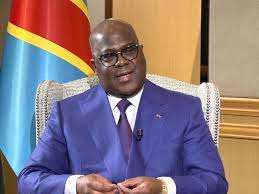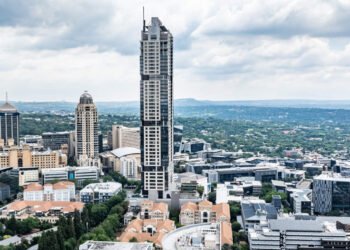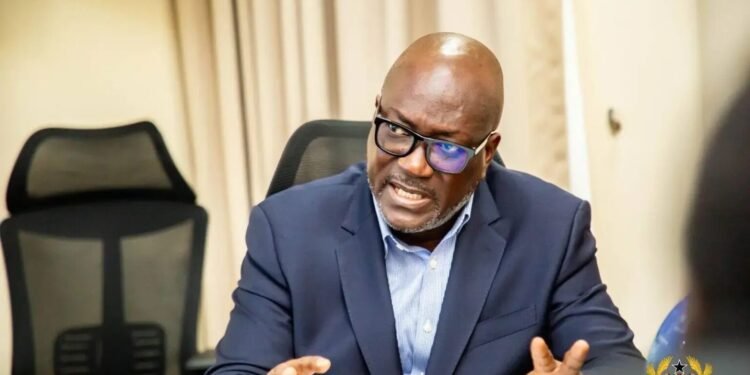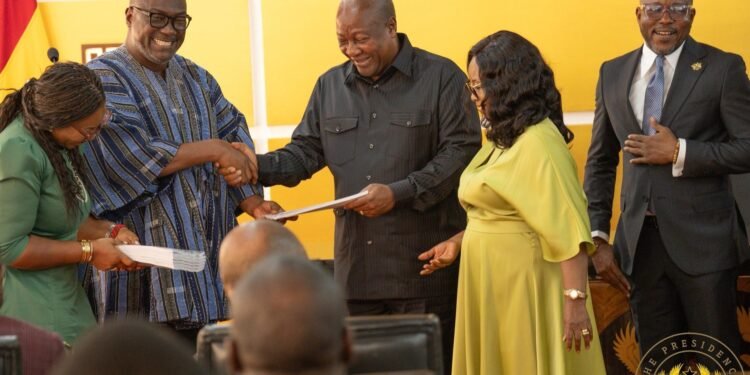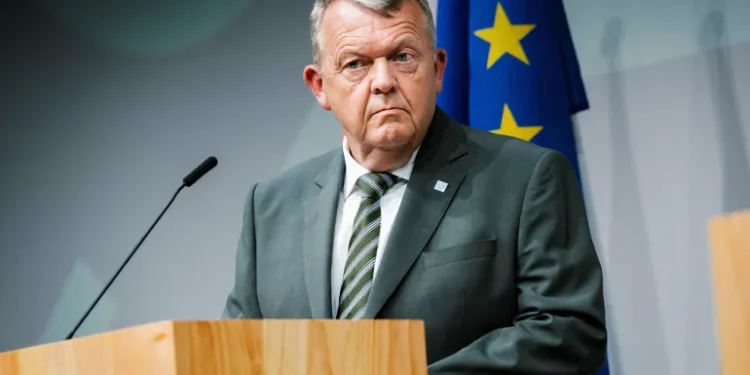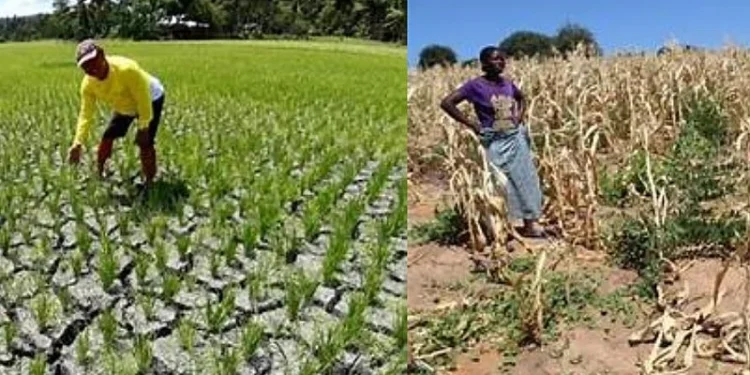Efforts to broker peace between the Democratic Republic of the Congo (DRC) and Rwanda have hit a major roadblock, with a planned summit between their leaders abruptly canceled, according to Angola’s presidency, which has been mediating the talks.
“Contrary to what we expected, the summit will no longer be held today,” Mario Jorge, a spokesperson for Angolan President João Lourenço, said on Sunday, December 15. Jorge did not elaborate on why the meeting was called off but confirmed that Lourenço held a solo meeting with DRC President Félix Tshisekedi.
Rwandan President Paul Kagame, who was expected to participate in the talks, was notably absent. It remains unclear whether he had even traveled to Angola.
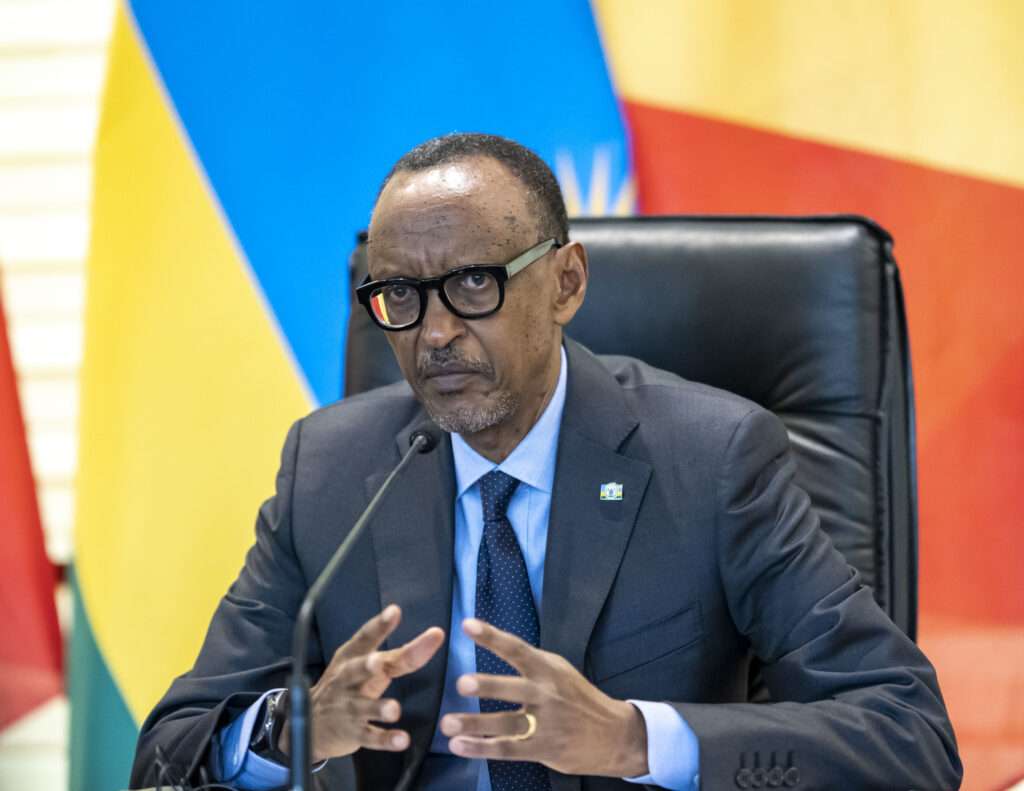
The talks were seen as a potential turning point in the ongoing conflict in eastern DRC, where the M23 rebel group — allegedly backed by Rwanda, according to the DRC and the United Nations — has seized significant territory, displacing thousands and fueling a dire humanitarian crisis.
The DRC presidency revealed that the talks stalled over Rwanda’s demand for direct negotiations between the DRC and M23 rebels. The impasse comes as fighting intensifies on the ground.
On Friday, clashes between the DRC army and M23 fighters escalated, with the DRC accusing the rebel group of killing 12 civilians in North Kivu’s Lubero territory earlier in the week. An M23 spokesperson denied the allegations, dismissing them as “propaganda” by the DRC government.
The M23 is one of roughly 100 armed groups vying for control in the mineral-rich eastern DRC. The ongoing conflict has displaced over seven million people, creating one of the world’s largest humanitarian crises.
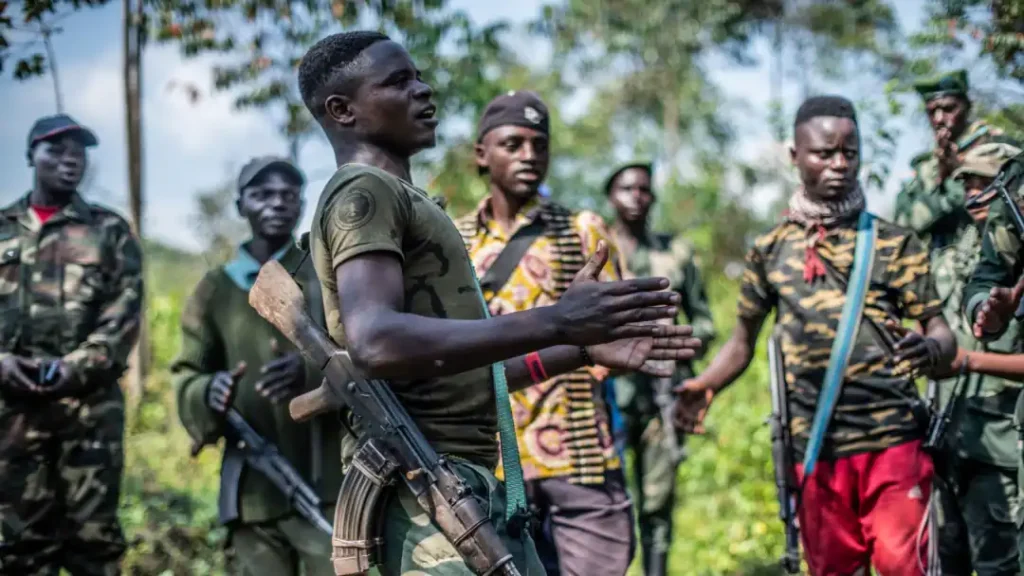
Rwanda has consistently denied supporting the M23 but acknowledged in February that it had deployed troops and missile systems in eastern DRC. It cited security concerns over a buildup of DRC forces near the border.
In July, the DRC signed a ceasefire agreement with M23, which briefly came into effect in August. However, fighting resumed soon after, raising questions about the durability of peace efforts.
Last month, the foreign ministers of Rwanda and the DRC reached an agreement on the conditions for withdrawing Rwandan forces from the eastern DRC. Yet, violence persists, undermining the fragile truce.
The United States recently expressed alarm over the situation, stating it was “gravely concerned” about M23’s repeated violations of the ceasefire.
Meanwhile, a United Nations expert group report estimated that 3,000 to 4,000 Rwandan Defense Force (RDF) troops are actively fighting alongside the M23 in the DRC.
Civilians Call for Urgent Peace
For those caught in the crossfire, the failure of the peace talks is a devastating blow. Aline Kasereka, a mother of six from the town of Lubero, about 50 kilometers from the recent fighting, voiced the desperation felt by many displaced residents.
“We are tired of the war. Every day we move, we do not know in which country we are anymore,” Kasereka said.
The humanitarian crisis continues to worsen as fighting forces more people to flee their homes. Aid organizations warn that the lack of a peaceful resolution could lead to further destabilization in the region.
Despite the setbacks, Angola’s President Lourenço, acting as the African Union mediator, has vowed to continue his efforts to facilitate dialogue between the DRC and Rwanda.
However, the absence of Kagame and the widening gulf between the two nations suggest that a resolution remains out of reach. Without a sustained effort to end hostilities, millions in the eastern DRC will continue to suffer the devastating consequences of the conflict.
READ ALSO: Rex Omar Reveals NDCs Vow To Recover Nation’s Looted Properties

